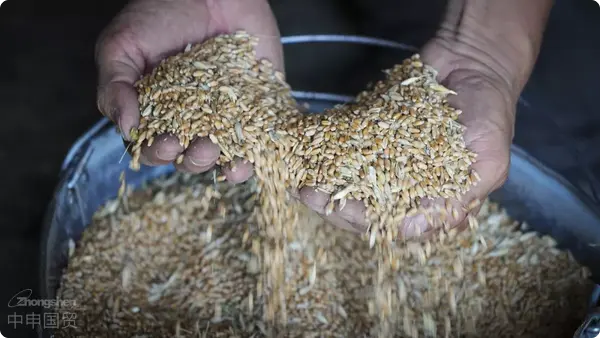- Shanghai Zhongshen International Trade Co., Ltd. - Two decades of trade agency expertise.
- Service Hotline: 139 1787 2118
On May 30, 2024, the Council of the European Union issued an important decision, announcing the imposition of prohibitive tariffs on food products imported from Russia and Belarus. This decision marks a further escalation of EU sanctions, aiming to increase economic pressure on Russia and Belarus, especially in the food sector.

According to the statement of the Council of the European Union, the new regulations will significantly increase the tariffs on grains, oilseeds and their derivative products from Russia and Belarus. Specifically, these tariffs will be raised to a prohibitive level, effectively halting the import of these products. In addition, the import tariffs on beet pulp pellets and dry peas will also increase significantly. Currently, importers of these products either pay no tariffs or pay low tariffs, and the implementation of the new regulations will change this situation.
In addition to raising tariffs, the EU has also abolished the tariff quotas for these goods entering the EU. This means that even if importers are willing to pay high tariffs, these goods will no longer enjoy any duty - free or low - duty import quotas. This measure will further limit the possibility of food products from Russia and Belarus entering the EU market.
These sanctions apply not only to products imported directly from Russia and Belarus, but also to goods originating from these two countries but indirectly exported to the EU through third countries. However, it is worth noting that these measures will not affect the goods transiting through the EU from Russia and Belarus to other third countries.
The EUs move has a profound background and motivation. Since February 24, 2022, the EUs imports of food products from Russia have increased significantly. To some extent, this is due to Russias illegal acquisition of a large number of such products in the illegally occupied Ukrainian territory and their export to the international market as Russian products. EU officials said that this behavior not only violates international law but also poses a serious threat to Ukraines economy and food security. Therefore, the EU hopes to prevent these illegal products from entering the EU market by raising tariffs.
The EUs decision has quickly attracted widespread attention in the international community. Experts pointed out that this will have a significant impact on the agricultural economies of Russia and Belarus. Since the EU is one of the largest food import markets in the world, these countries will have to find new export markets to make up for the lost EU market share.
At the same time, this decision may also have a chain reaction on the global food market. As the supply of food products from Russia and Belarus in the international market decreases, global food prices may be affected. Some member states within the EU are also concerned about this, believing that it may lead to an increase in food prices within the EU, thus having an adverse impact on consumers and the food industry.
Related Recommendations
? 2025. All Rights Reserved. 滬ICP備2023007705號-2  PSB Record: Shanghai No.31011502009912
PSB Record: Shanghai No.31011502009912









